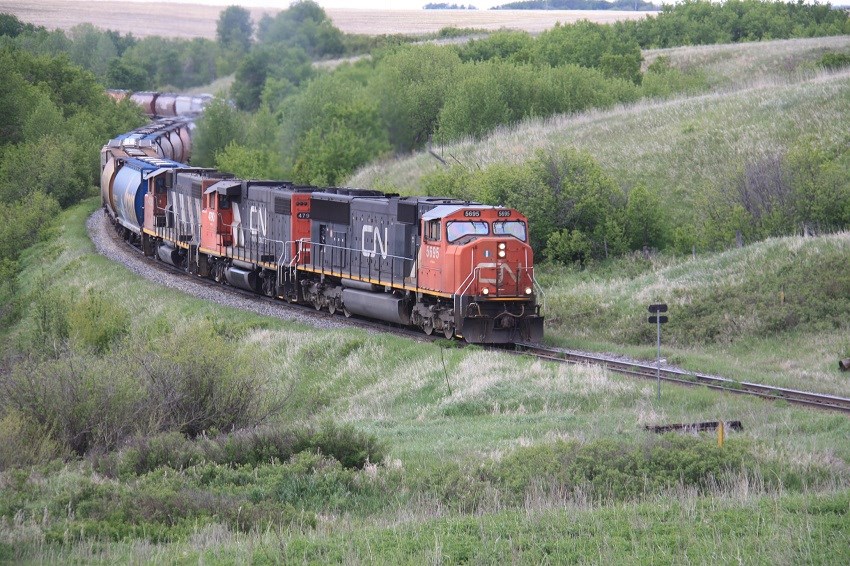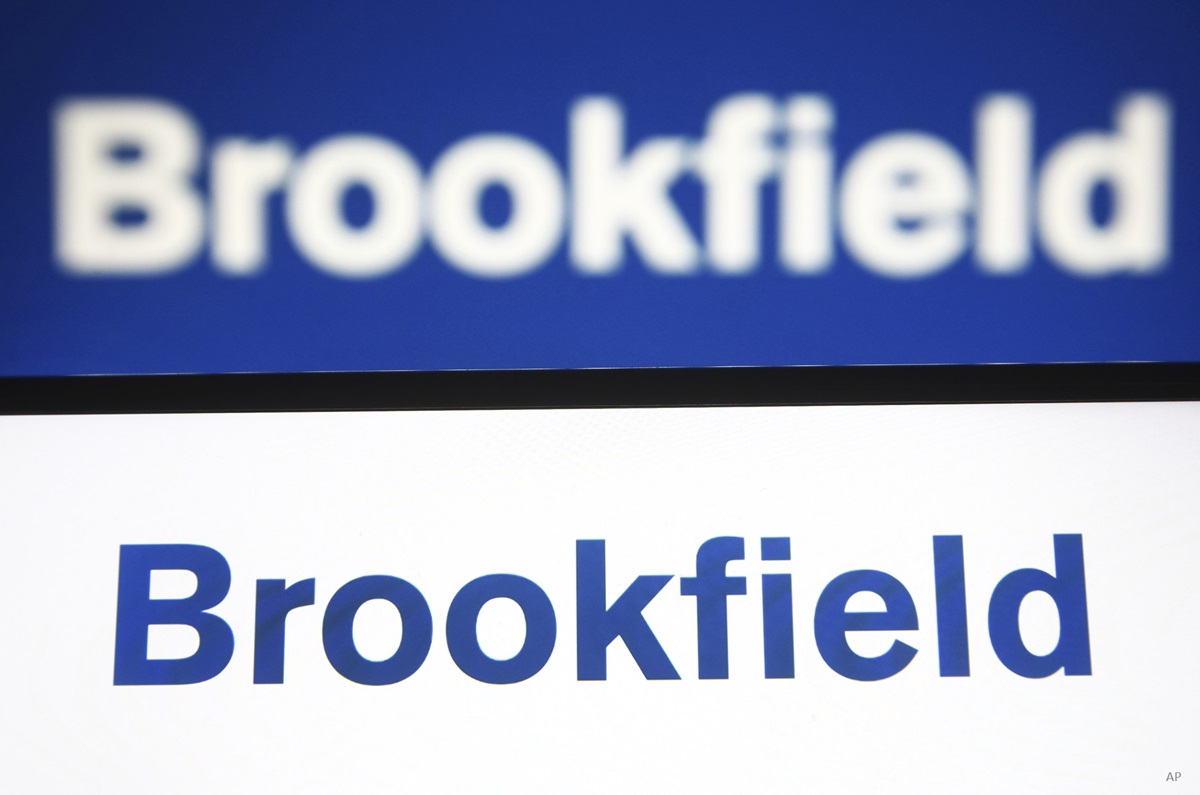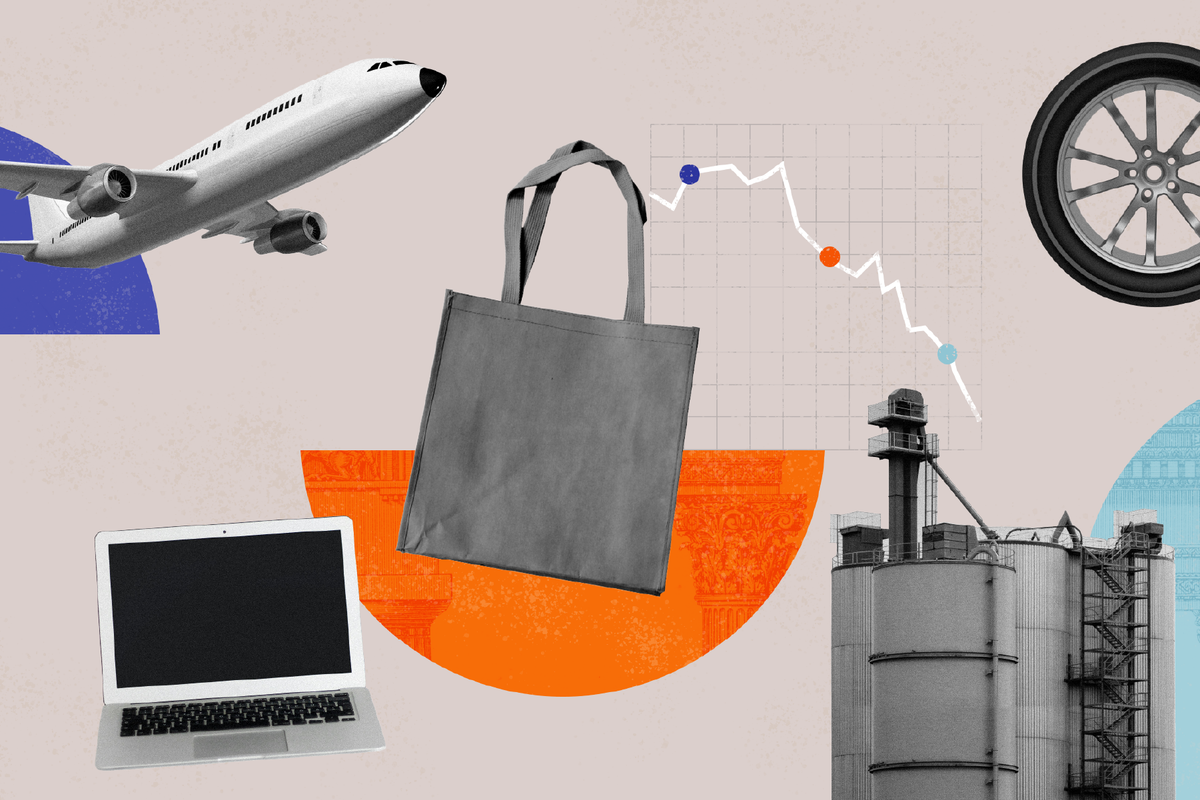
Editor’s Note: This article is based on the 2022 edition of Morningstar's Best Companies to Own, available to U.S. investors. Find the full list of companies and read about our selection methodology.
The markets have been a scary place over the past couple of weeks, with much uncertainty, and indeed some corrections. However, as For Morningstar Investment Management’s Michael Keaveney reminds us, volatility is not something to fear.
“It’s prudent to remind ourselves that volatility is part and parcel of equity investing. Long Term investors should look beyond the monthly noise and focus on the returns that are more likely to unfold over extended periods. And Valuation Driven investors can also take advantage at these times and choose to make further investments in areas which may have been driven below a fair assessment of value due to short term sentiment,” Keaveney says.
In other words, think about the long term. Remember that when you buy a stock, you are actually buying a piece of the underlying business – you now are a part owner of the company. Tt is important for you to understand your company, understand it’s business, and know what makes it tick. One place to start looking for these ideas is our best companies list. The best companies tend to exceed your expectations. They find investment opportunities that you might not have thought about, or that you wouldn't be able to pursue as an individual, increasing the intrinsic value of their business. Over time, these companies tend to be worth much more than they are today.
One of the best ways to identify high-quality companies is by checking out the Morningstar Economic Moat Rating, which assesses a company’s competitive advantage. The term was coined by Warren Buffett, who also said, "The key to investing is…determining the competitive advantage of any given company and, above all, the durability of that advantage. The products or services that have wide, sustainable moats around them are the ones that deliver rewards to investors.” We used the Morningstar Economic Moat rating as a starting point to compile a list of the best companies you can own. As the best companies in our coverage universe, they have a wide economic moat, the strength of their competitive advantages is either steady or increasing, they have predictable cash flows, and they allocate their capital effectively. (You can learn more about this methodology here.)
Five of the companies we cover in Canada made the list. Here they are:
|
Company Name |
Ticker |
Sector |
|
Canadian National Railway Co |
Industrials |
|
|
Canadian Pacific Railway Ltd |
Industrials |
|
|
Royal Bank of Canada |
Financial Services |
|
|
The Toronto-Dominion Bank |
Financial Services |
|
|
Waste Connections Inc |
Industrials |
Canadian National Railway (CNR)
On January 25th, CN Rail selected Tracy Robinson--currently a member of the leadership team at pipeline company TC Energy--to take the reins as CEO upon JJ Ruest’s previously announced retirement at the end of February. Following CN's failed bid for Kansas City Southern and also due to CN's margin pullback in recent years, TCI has been pushing for a change in management and the board. Overall, based on commentary in the press release from the board chairman, we suspect Robinson has an impressive resume and is a seasoned leader. We also think her experience in the energy sector could help CN’s business development efforts in that end market. That said, we were somewhat surprised CN didn’t choose a candidate with more direct operational experience in railroading, and we suspect some investors may initially doubt the board’s decision. We expect additional color surrounding CN’s rationale in the quarter ahead as Robinson comes on board and has a chance to share her vision.
Canadian Pacific Railway (CP)
Following the appointment of railroading legend Hunter Harrison as CEO in 2012, Canadian Pacific embarked on a profitability/efficiency turnaround that's proved quite successful. Harrison and his successor--operations expert Keith Creel (who worked alongside Harrison for 20 years)--have taken CP from ranking as one of the worst Class I margin performers to among the best. “We like that CEO Creel has pushed to infuse CP's culture with precision scheduled railroading principles, which stand behind the rail's progress. In 2018, CP's profitability caught up with PSR pioneer and historical margin leader Canadian National and actually surpassed CN in 2019 with a 60% operating ratio,” says Young.
Royal Bank of Canada (RY)
Royal Bank of Canada or RBC (RY) is one of the two largest banks in Canada by assets and one of six that collectively hold roughly 90% of the nation's banking deposits. The bank derives two-thirds of its revenue from Canada, with the rest spread primarily across the United States and the Caribbean. Morningstar analyst Eric Compton says it has done an admirable job of expanding its nonbank lines of business, running efficient banking operations, and generating some of the best returns for shareholders in the industry, and he believes RBC should remain one of the dominant Canadian banks for years to come, even as a more difficult macro backdrop pressures earnings growth in the medium term.
The Toronto-Dominion Bank (TD)
Toronto-Dominion is the other of the two largest banks in Canada by assets and one of six that collectively hold roughly 90% of the nation's banking deposits. The bank derives approximately 55% of its revenue from Canada and 35% from the United States, with the rest from other countries. “Toronto-Dominion has done an admirable job of focusing on its Canadian retail operations and growing into number-one or -two market share for most key products in this segment. The bank also has the number-two market share for business banking in Canada. With over $400 billion in Canadian assets under management and top-three dealer status in Canada, and being the number-one card issuer in Canada, Toronto-Dominion should remain one of the dominant Canadian banks for years to come,” says Compton, adding that the bank has taken a number of charges (such as integration charges, restructuring charges, and more).
Waste Connections (WCN)
Waste Connections (WCN) is a fully integrated waste hauler. Sector analyst Brian Bernard points out that Waste Connections leverages its immense network of collection routes that bestows significant control over the waste stream, funnelling trash from commercial, industrial, and residential end markets into its valuable landfill assets. In 2016, Waste Connections (the third-largest integrated waste hauler at the time) merged with the fourth-largest provider, Progressive Waste, essentially doubling in size. The deal afforded Waste Connections the opportunity to apply its top-tier operational know-how and pricing discipline to bring Progressive’s profitability up to par with its own. Waste Connections also gained entrance into new geographic regions, most of which fit its differentiated focus on less-competitive secondary markets—a strategy that’s contributed to its industry-leading profitability. Bernard expects Waste Connections to continue its tuck-in acquisition strategy, and its ability to raise core prices on acquired volume (thanks to its vast ownership of landfills, a preferred asset) should support free cash flow growth.






















